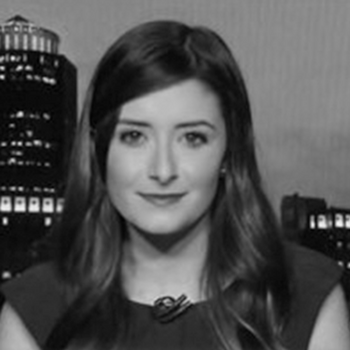Conservative students report 'unfair treatment' at UMass-Amherst
A survey conducted by the University of Massachusetts Amherst found that conservative students are among the most likely to face ostracism and “unfair treatment” on campus.
The “Campus Climate Survey,” conducted in November 2016 to “better understand the challenges of creating a community respectful of and inclusive for all,” asked students to evaluate their “sense of belonging,” “perceptions of campus climate,” “experiences with unfair treatment,” and the “perceived commitment to inclusion” on campus.
The responses were then broken down by demographic, allowing the school to assess the extent to which the campus experience differs for students depending on their race, nationality, sexual orientation, gender, or political beliefs.
[RELATED: Conservative students fear consequences of speaking out]
“While the overall population measures are encouraging, some social identity groups report lower levels of belonging and often report higher levels of negative treatment,” the school concedes.
In addition to LGBT students, “Latino/a and Black undergraduates,” and those with mental health disabilities, the school says that “politically conservative undergraduates and undergraduates who are veterans/military-active [sic]” were among those to report the highest levels of “negative treatment,” adding that the problem is “particularly” severe in “the classroom environment.”
Many of the same groups—including conservatives but not veterans—related some of the most “intense” experiences of “unfair treatment” on campus, a distinction they hold in common with “conservative undergraduate and international graduate students” and “undergraduates with veteran or active military status.”
[RELATED: Prof uses American flag as doormat in college ‘art display’]
The survey also found that “a significant percentage (in many cases 1 out of 4) of undergraduates reported being silenced in class on the basis of their social identity sometimes if not often,” with conservative undergraduates once again joining LGBT and racial minority students on the list of those most affected by the problem.
Conservative undergraduates were also among those with the “lowest sense of connection to their college,” a sentiment that might be influenced by the fact that 3 out of 10 conservative students reported that they have encountered professors “stereotyping, making negative remarks, and telling jokes frequently” at their expense.
A similar proportion of professors reported encountering “negative remarks” in their work environment, yet the survey results also indicate that about three-quarters of faculty members experience “a spirit of cooperation at work” and believe that “differences are valued” at UMass-Amherst.
“The classroom climate is an area of concern,” the report says. “A significant percentage of students across all demographic groups report being silenced or hearing negative remarks about their group or another group—in the classroom—at least sometimes if not often.”
[RELATED: STUDY: Majority of college students hostile to free speech]
Despite the reported prevalence of discrimination against conservative students, however, the school’s concluding summary focuses exclusively on negativity experienced by minority and LGBT students.
“It is concerning that nearly 40–50 percent of ALANA faculty, women faculty, and associate professors note negative remarks in their immediate work environment,” the report states. “This will require departmental- and college-level investments to provide an inclusive and supportive environment within which faculty can work so they can support their students.”
Follow the author of this article on Twitter: @kassydillon

